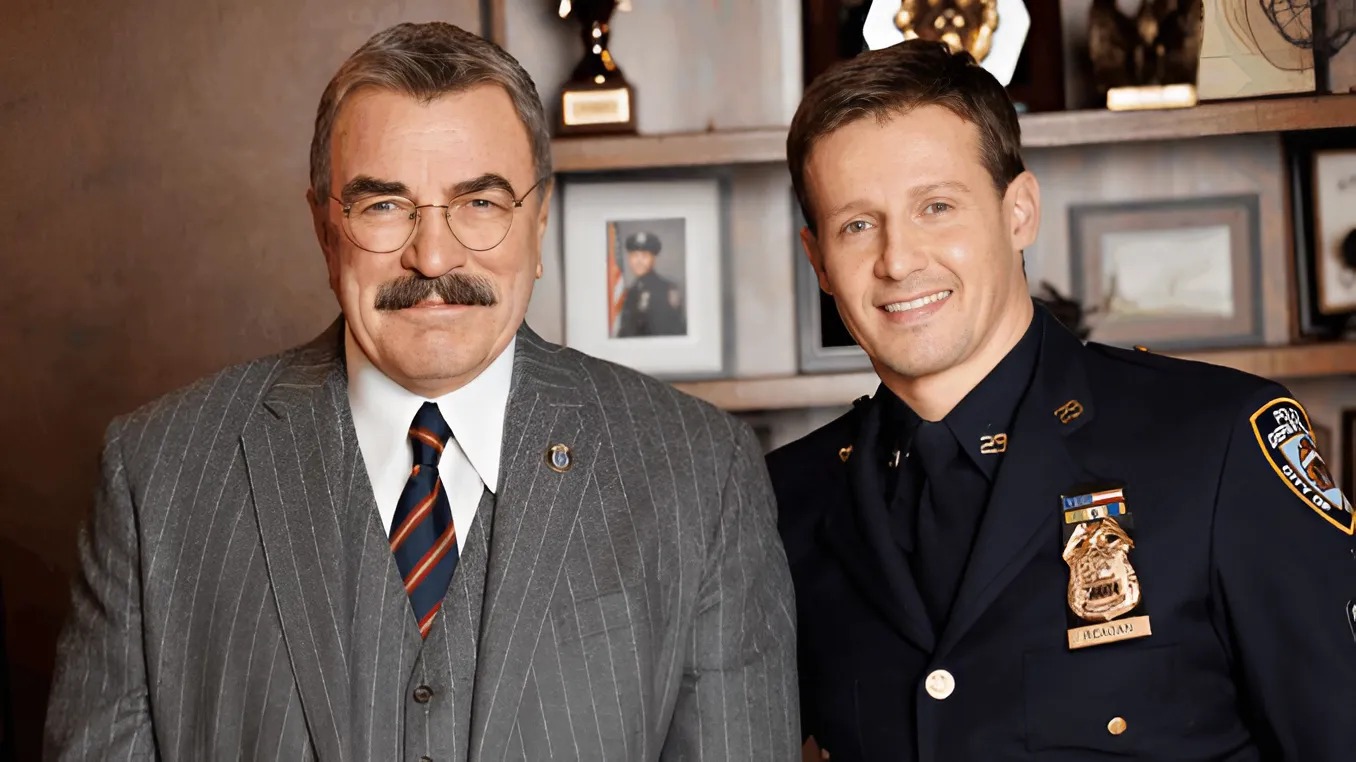
For 14 compelling seasons, Blue Bloods has been more than just a police procedural; it’s been a steadfast appointment for millions of viewers, drawing them into the lives and moral dilemmas of the Reagan family. As the series prepares to air its final episodes, fans are feeling the emotional weight of saying goodbye to a show that has become a beloved fixture in their homes. Why did the Reagans resonate so deeply, making audiences laugh, cheer, and yes, often cry, for over a decade?
The Sunday Dinner: An Anchor of Family and Values
At the heart of Blue Bloods‘ enduring appeal is the iconic Sunday dinner. More than just a meal, these weekly gatherings were the show’s moral compass and emotional core. Around that bustling table, the Reagans—Frank, Danny, Erin, Jamie, and their growing extended family—debated everything from police ethics and legal grey areas to personal struggles and societal issues. These scenes were a masterclass in intergenerational dialogue, reflecting diverse perspectives while always reinforcing the bonds of family. For many viewers, it wasn’t just a fictional meal; it was a nostalgic reminder of their own family traditions and the importance of open, honest conversation.
Justice, Morality, and the American Fabric
Blue Bloods consistently tackled complex themes of justice, morality, and duty with a nuanced hand. Each member of the Reagan family, representing different facets of the justice system—police commissioner, detective, ADA, beat cop—brought unique perspectives to the challenges they faced. The show wasn’t afraid to delve into the ethical ambiguities of law enforcement, portraying the personal sacrifices and difficult choices that come with upholding the law. This commitment to exploring real-world issues, from police brutality to political corruption, while maintaining a clear moral compass, struck a chord with a wide American audience, offering a sense of stability and reflection in a rapidly changing world.
A Reflection of Society
For over a decade, Blue Bloods mirrored aspects of American society, showing both its strengths and its struggles. The show never shied away from portraying the human cost of crime and the emotional toll on those who fight it. Through the Reagans’ personal lives, viewers saw relatable struggles with relationships, parenting, career aspirations, and loss. This blend of aspirational family values with gritty, realistic portrayals of urban life created a show that felt both aspirational and deeply authentic.
The Enduring Connection
As the final curtain prepares to fall, the emotions running high among fans are a testament to the profound connection they’ve forged with the Reagans. It’s more than just missing a TV show; it’s like saying goodbye to a family you’ve visited every week, a source of comfort, debate, and inspiration. The series’ consistent focus on family, integrity, and the pursuit of justice, combined with compelling storytelling, has left an indelible mark on millions. Blue Bloods may be ending, but the lessons and the bonds forged over 14 years will undoubtedly live on in the hearts of its devoted audience.






